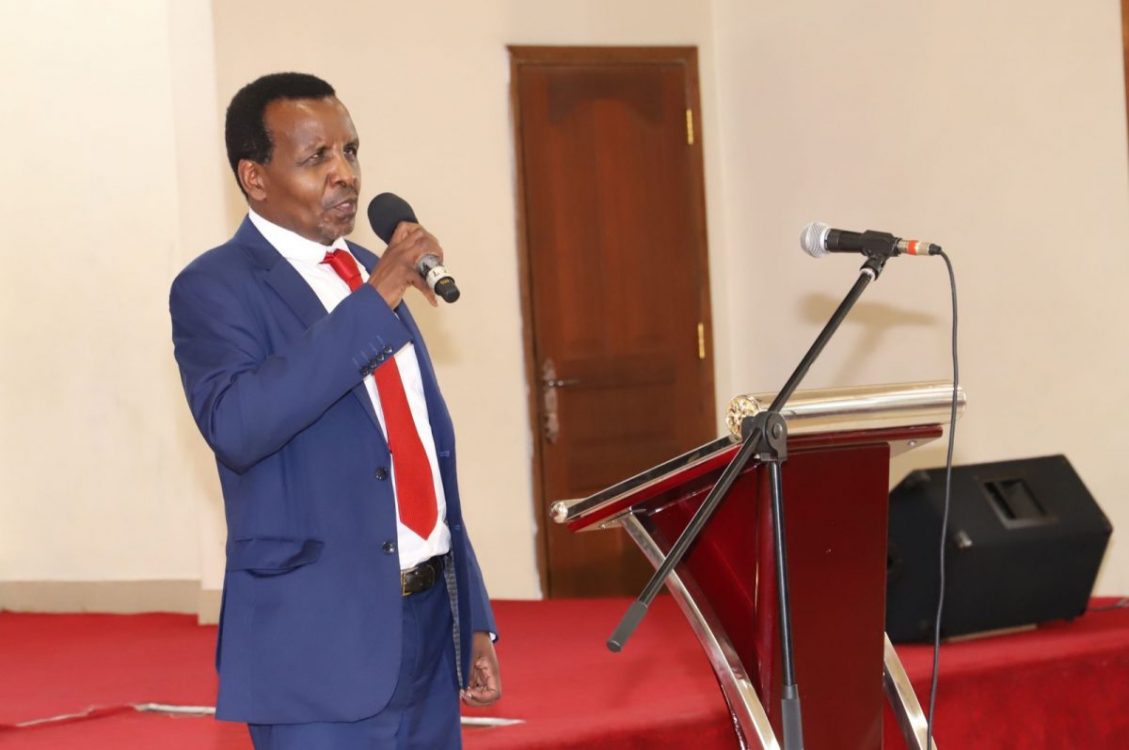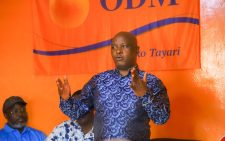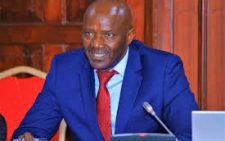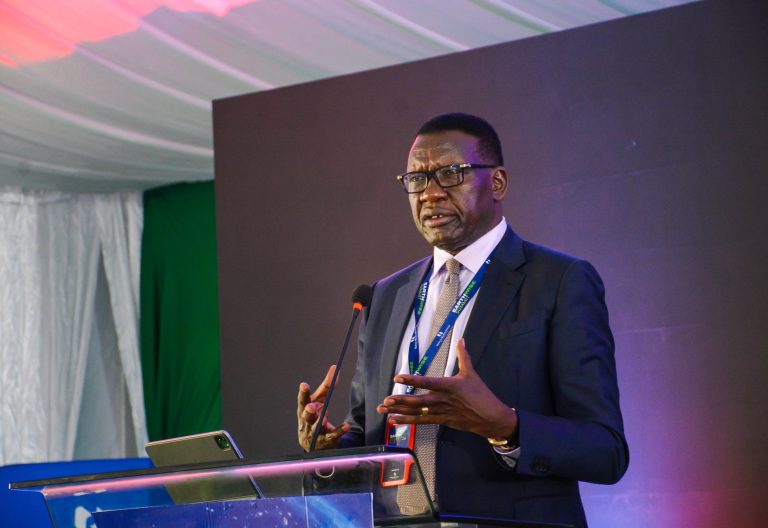Treasury in rush to immunise economy against pandemic

Seth Onyango @SethManex
Treasury is under pressure to vaccinate the economy against the effects of the coronavirus pandemic after the first case was confirmed in Kenya last week with two more reported on Sunday.
It comes as the country faces a possible lockdown after President Uhuru Kenyatta ordered closure of all schools and urged businesses to scale down operations to contain the virus.
He also suspended travel for all persons coming into Kenya from any State with confirmed coronavirus cases, consequently plunging the aviation and tourism industry into disarray.
Now, only Kenyan citizens and foreigners with valid residence permits will be allowed entry but must proceed on self quarantine or to a government designated quarantine facility.
“Where possible, government offices, businesses and companies are encouraged to allow employees to work from home, with the exception of employees working in critical or essential services,” Uhuru ordered.
Internationally, more than $5 trillion (Sh500 trillion) has been wiped off share markets globally in the wake of the virus which has spread to every continent but Antarctica.
Treasury Principal Secretary Julius Muia told Business Hub that ministry officials have met over the past two weeks to discuss pre-emptive funding to protect the economy.
“We are having consultations to agree on a budget needed to shield the economy from the virus…we are looking at every sphere of the economy,” he said.
He said officials will continue to meet in the coming weeks to ponder on what can be done to protect jobs, stabilise supply chains and mobilise emergency funding to counter the virus.
Muia revealed that Treasury is looking to tap into Sh5 trillion aid package set aside by the International Monetary Fund and the World Bank to help fight virus.
“We have been doing teleconferencing with officials from IMF and the World Bank and we want to leverage on any source of funding,” he said, adding that already the two multinational lenders are seized of Kenya’s situation.
Uhuru had on Sunday encouraged the use of cashless transactions such as mobile money and credit cards as part of social distancing move to limit the spread of the killer virus.
“We appeal to mobile operators and banks to take into consideration the situation, and reduce the cost of transactions during this period,” he urged.
At the same time, Treasury has been engaging with finance ministers and Central Bank governors from Africa to share knowledge on safeguarding the regional economy.
“We are also talking to the business community such as Kepsa, Jua Kali and the Kenya Bankers Association to seek solutions on this issue…coronavirus started as health issue but now it has metamorphosed into an economic problem,” said Muia.











